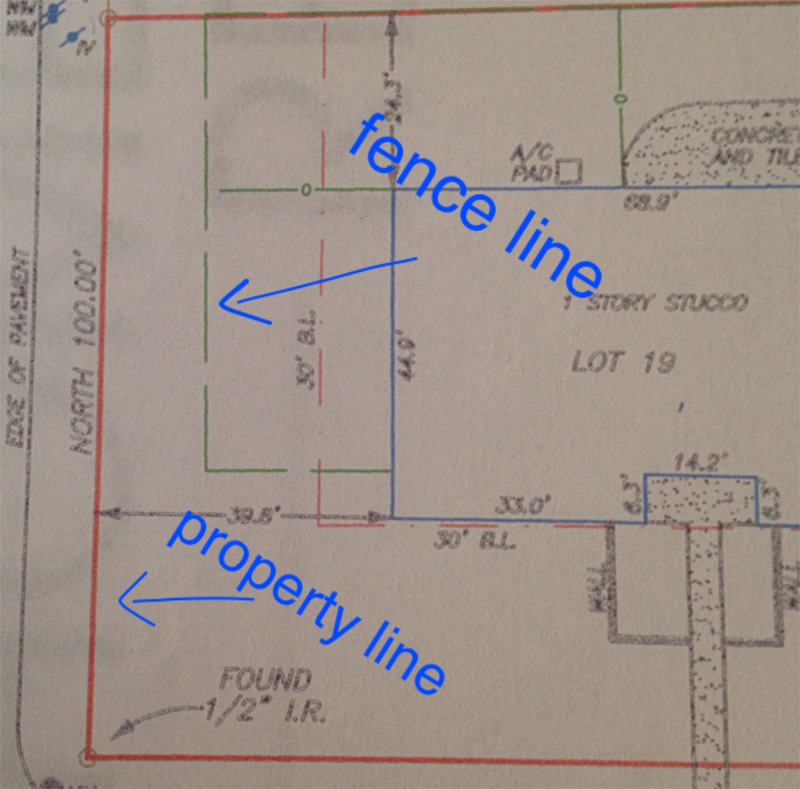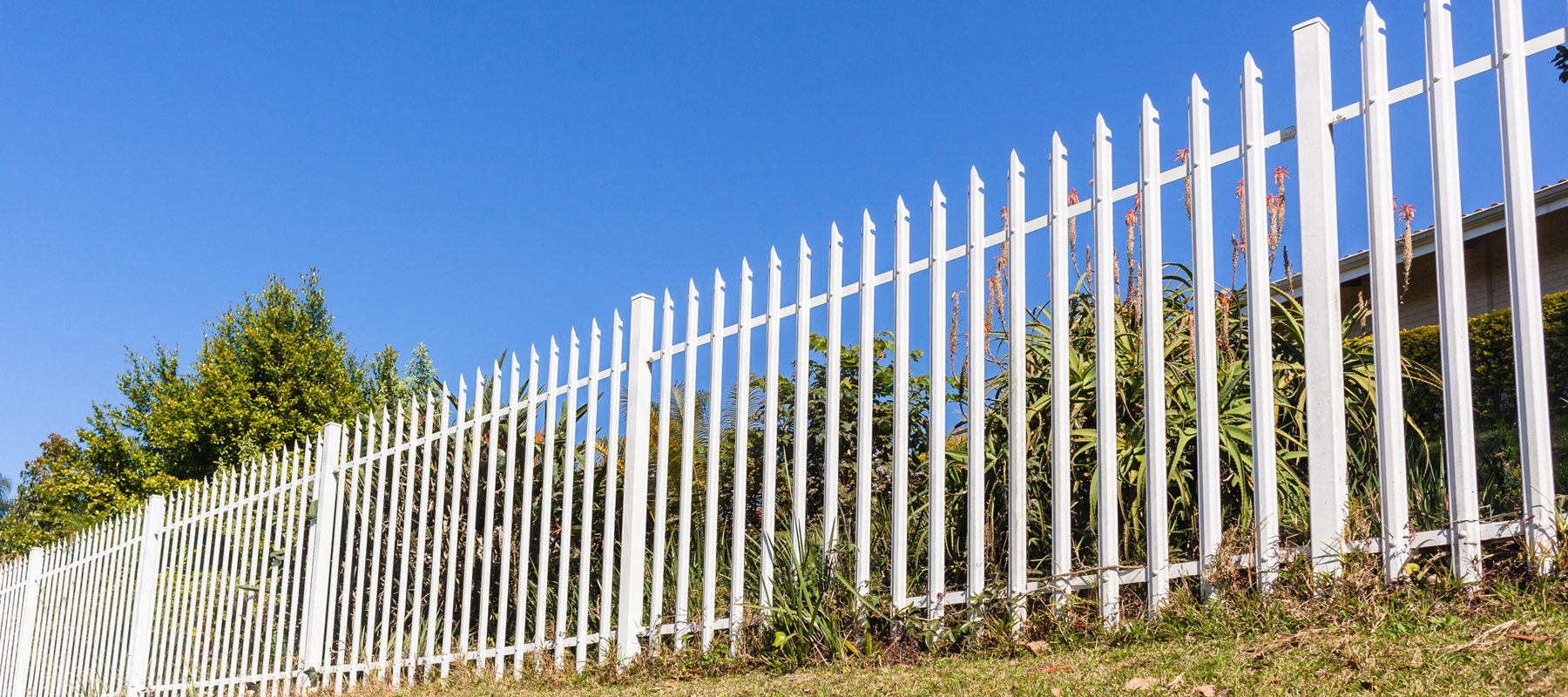Do I Need a Land Survey Before Installing a Fence?
Last Updated: December 11, 2023

Fact Checked By: Ryan Maguire
On This Page
Whether it's for protection, privacy, or purely for the look of it, a fence is an integral (sometimes necessary) part of any home.
If you are looking at putting in a fence, you may not know whether you need a land survey.
Some fencing contractors say no survey is needed and that they can handle it. There are also homeowners who assume they know where the boundaries lie and don't feel the need for a professional opinion.
The truth is, the only way to guarantee that your fence is truly on or within the boundary is to have a registered surveyor mark it.
Do I Need a Survey Before Installing a Boundary Fence? #
If you are planning to erect any permanent fencing meant to represent the property line boundaries, it is highly recommended you get a professional boundary survey done first. Here's why:
Confirm Exact Lines
A survey will clearly map out the legal dividing lines between your land and adjacent lots by placing survey markers and pins. This prevents incorrectly placing fence posts on a neighbor's property.
Avoid Disputes
By having certified survey documentation, you can prove the fence lies on your land if a neighbor were to later dispute its placement. This protects against headaches down the road.
Adhere to Regulations
Local codes often dictate how close a fence can be installed relative to the property line. A survey provides precise measurements to ensure you follow setback requirements.
Save Future Issues
Any work you do like planting trees or sheds after installing a fence risks encroaching on the actual boundary without a professional land survey as reference.
In short - while not always mandatory, paying a surveyor to map and mark borders eliminates guesswork and provides legal documentation to install fences confidently. This small upfront cost can prevent major headaches later.

Key Regulations for Installing Property Fences #
When planning to install a new fence on your land, be aware of these key legal guidelines:
Boundary Survey
- In most areas, a survey is not required but highly recommended to confirm property lines
Setback Laws
Fences often cannot be placed within 3-10 feet of the property line due to setback codes
Front yard fences over 3-4 feet high not allowed in many neighborhoods
Permits
Building permits from the city are often required for new fences over 6 feet high
Electrical permits may be needed if installing electrified or smart fences
Easements
- Cannot obstruct public works utility or access easements with fences
HOA Rules
- Homeowners associations have strict regulations on fence height, style, materials and placement
Disabled Access
- Gates and doors in fence lines must comply with ADA accessibility standards
Carefully check your local zoning laws, neighborhood bylaws, utility maps, and HOA guidelines first before installing any new perimeter fencing to avoid violations resulting in fines or having to remove and relocate your fence.
How Much Does a Boundary Survey for a Fence Cost? #
A boundary survey for installing a fence typically costs $400 - $1,000 on average, with pricing depending on several factors:
Property Size
- Small lots (< 1 acre) - $400 - $700
- 1-5 acres - $700 - $1,000
- 5+ acres- $1,000 - $3,000+
Complexity
- Simple terrain with existing markers - cheaper
- Densely wooded, no markers - more expensive
Improvements
- Vacant land - less expensive
- With buildings/trees - more complex
Scope
- Boundaries only - lower cost
- Boundaries, easements, permits - higher cost
For a fence, you generally need the boundary lines clearly marked with property pins placed.
Having proper surveys done avoids mistakenly placing fences on a neighbor's property or violating local setback ordinances. This small upfront cost protects against headaches.
